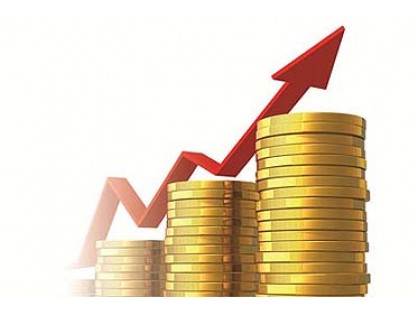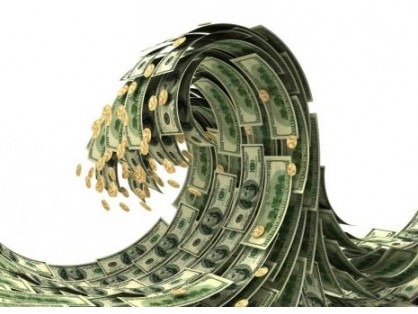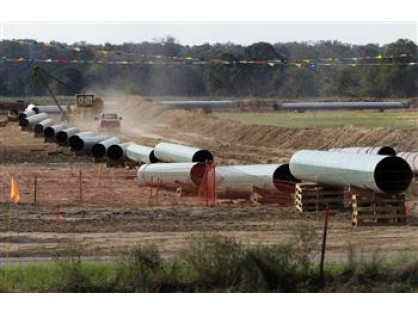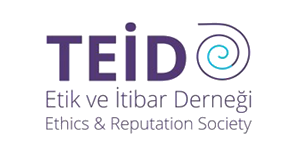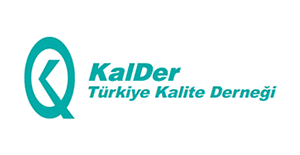Minister Yazıcı: Taxes collected by Customs offices Increased 15% in 2013.
Minister of Customs and Trade, Hayati Yazıcı stated that taxes collected by customs offices in 2013 reached up to 65,3 billion by increasing approximately 15 percent when compared to the previous year.
Yazıcı said that 20 percent of Turkey’s tax income, which is total 326 billion liras, was collected by customs offices and he also noted that 20 liras of each 100 liras tax were collected by customs offices in 2013.
Yazıcı drew the attention to the fact that functions of customs offices are various and that customs not only have income functions but they also have other functions such as foreign policy, tourism, national security, consumer safety, protection of human, plant and animals.
Yazıcı expressed that tax income are of great importance regarding finance of public services and budget income in Turkey is consisted substantially of collected taxes as in developed countries.
Having said that taxes collected by customs offices in 2013 reached up to 65,3 billion by increasing approximately 15 percent when compared to the previous year, Yazıcı emphasized that total collections were 65,3 billion liras; 56 billion 759 million of which was value added tax, 3 billion 864 million was customs tax, 2 billion 785 million was private consumption tax, 1 billion 193 million was additional financial obligation, 197 million was anti-damping tax, 118 million was environment contribution, 117 million was stamp tax and 257 million was other taxes.
Yazıcı pointed out that collection cost of taxes collected in customs offices was very low and “instantly collectible” and he continued his words by noting that nearly 100 collections were made in accrued taxes. Yazıcı indicated that share of taxes collected in 2009 by customs offices was 16 percent in total tax income and said that this rate was 19 percent in 2010, 21 percent in 2011 and 20 percent in 2012 and 2013.
